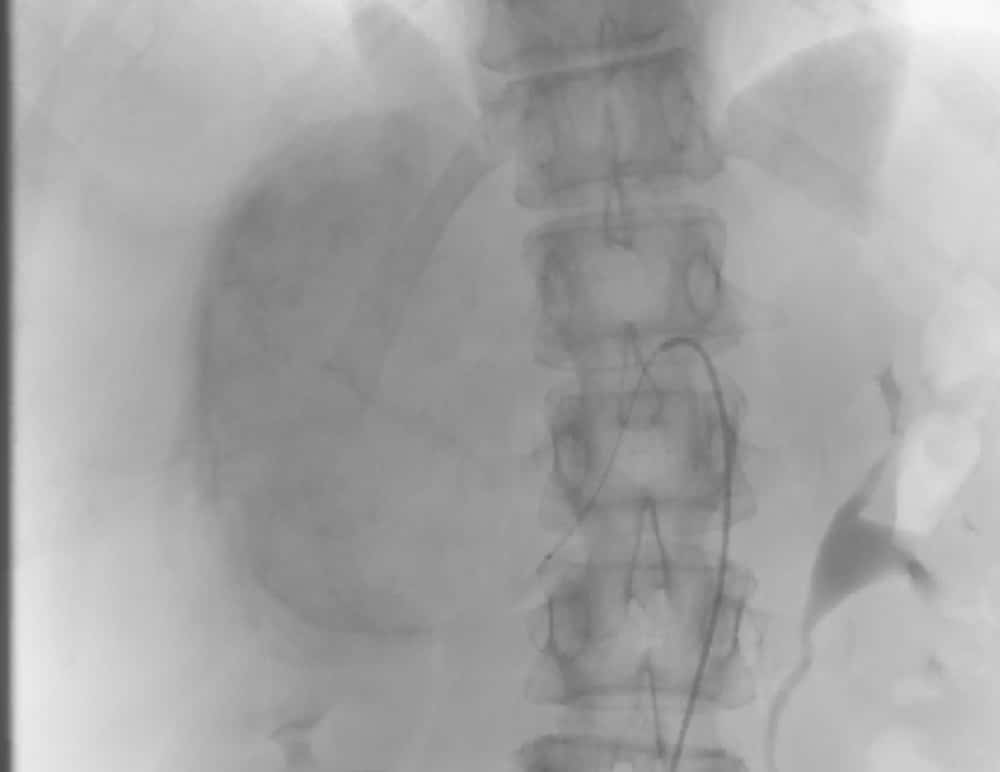Interventional Radiology at ARA
Minimally-invasive, image-guided interventional radiology procedures, often with less pain and quicker recovery.
About Interventional Radiology
Interventional radiology (IR) procedures are non-surgical, targeted treatments that use various radiology techniques (fluoroscopy, CT, MRI, ultrasound, etc.) to guide small devices, such as catheters, through blood vessels or other pathways to treat diseases percutaneously (through the skin). Interventional procedures can often replace surgical procedures and because they are less invasive and less traumatic, they are more easily tolerated and recovery times are significantly reduced in most cases.
Interventional radiology procedures offer benefits to you, our patients, in terms of risk, pain and recovery time, all of which are reduced by the specialty’s non-surgical nature. The cost tends to be lower than open surgery or other alternatives, and advancements in imaging technology mean that radiologists are viewing high-quality anatomic detail.
For an excellent introduction to the miracle of interventional radiology, see Without a Scalpel—the Secret World of Interventional Radiology. Also see a dramatic docuseries on interventional radiology featuring real world cases at Without a Scalpel—the Technology and People Behind Modern Surgery.

Interventional radiology treatment can target just the tumor.
In this scan, a large liver tumor can be seen, as well as a tiny catheter which is delivering treatment through the blood supply directly to the tumor, making it possible for the patient to avoid systemic chemotherapy.


Interventional radiology can mean a faster recovery and better results.
Because IR treatments are minimally-invasive and image guided, they can mean that patients do not have to undergo open surgery for many diagnostics and conditions.

 Back to Top
Back to Top